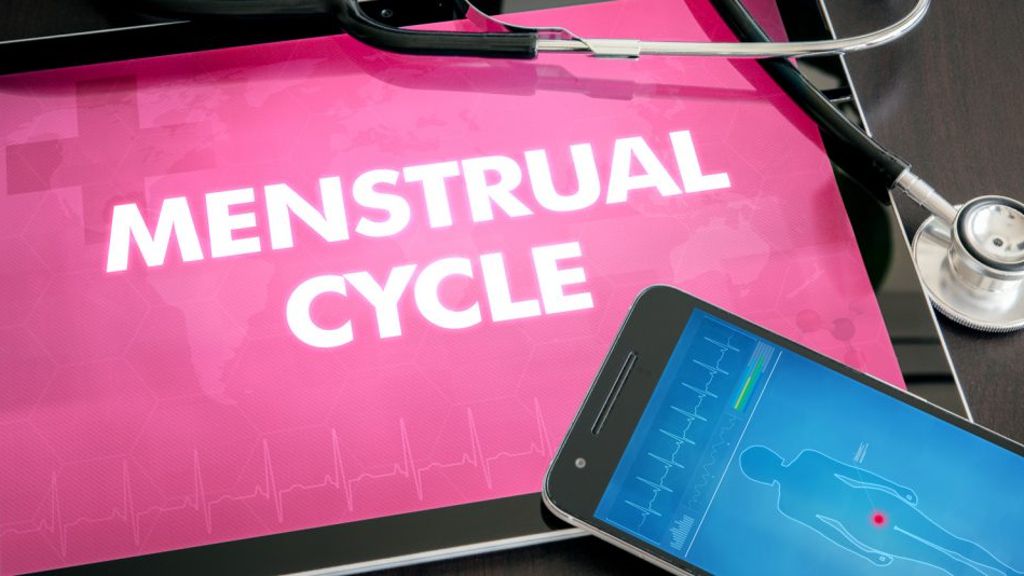
“If we were to follow the scientific method, as it was taught in textbooks … we would immediately see this observation of menstrual cycle changes in tens of thousands of women as a signal, for which necessary questions would need to be asked,” Dr. Lawrence Palevsky told The Defender.
According to an editorial published Sept. 16 in The BMJ, more than 30,000 reports of menstrual irregularities and vaginal bleeding had been made, as of Sept. 2, to the Medicines and Healthcare Products Regulatory Agency’s (MHRA) Yellow Card Scheme — the UK system for collecting and monitoring adverse reactions following COVID vaccines.
Reports of adverse reactions include heavier-than-usual periods, delayed periods and unexpected vaginal bleeding. Most women who reported a change to their period after vaccination found it returned to normal the following cycle, according to the author of the editorial, Dr. Victoria Male, a reproductive specialist at Imperial College in London.
To date, none of the COVID vaccine manufacturers list any issues pertinent to menstrual health as a side effect. According to the Centers for Disease Control and Prevention, common side effects of COVID vaccines include: pain at the site of vaccination, tiredness, fatigue and fever.
Male called for further investigation into potential effects of COVID vaccines on menstrual health — but said the problem lies with the body’s immune response, not the vaccine.
“Menstrual changes have been reported after both mRNA and adenovirus vectored COVID-19 vaccines, suggesting that if there is a connection, it is likely to be a result of the immune response to vaccination rather than a specific vaccine component,” Male wrote.
According to the MHRA, evaluation of Yellow Card reports does not support a link between changes to menstrual periods and COVID vaccines, because the number of reports is low compared to the number of people vaccinated, and the prevalence of menstrual disorders generally.
Historically, VAERS has been shown to report only 1% of actual vaccine adverse events, which means the number of actual adverse events evolving menstrual disorders could be much higher.







